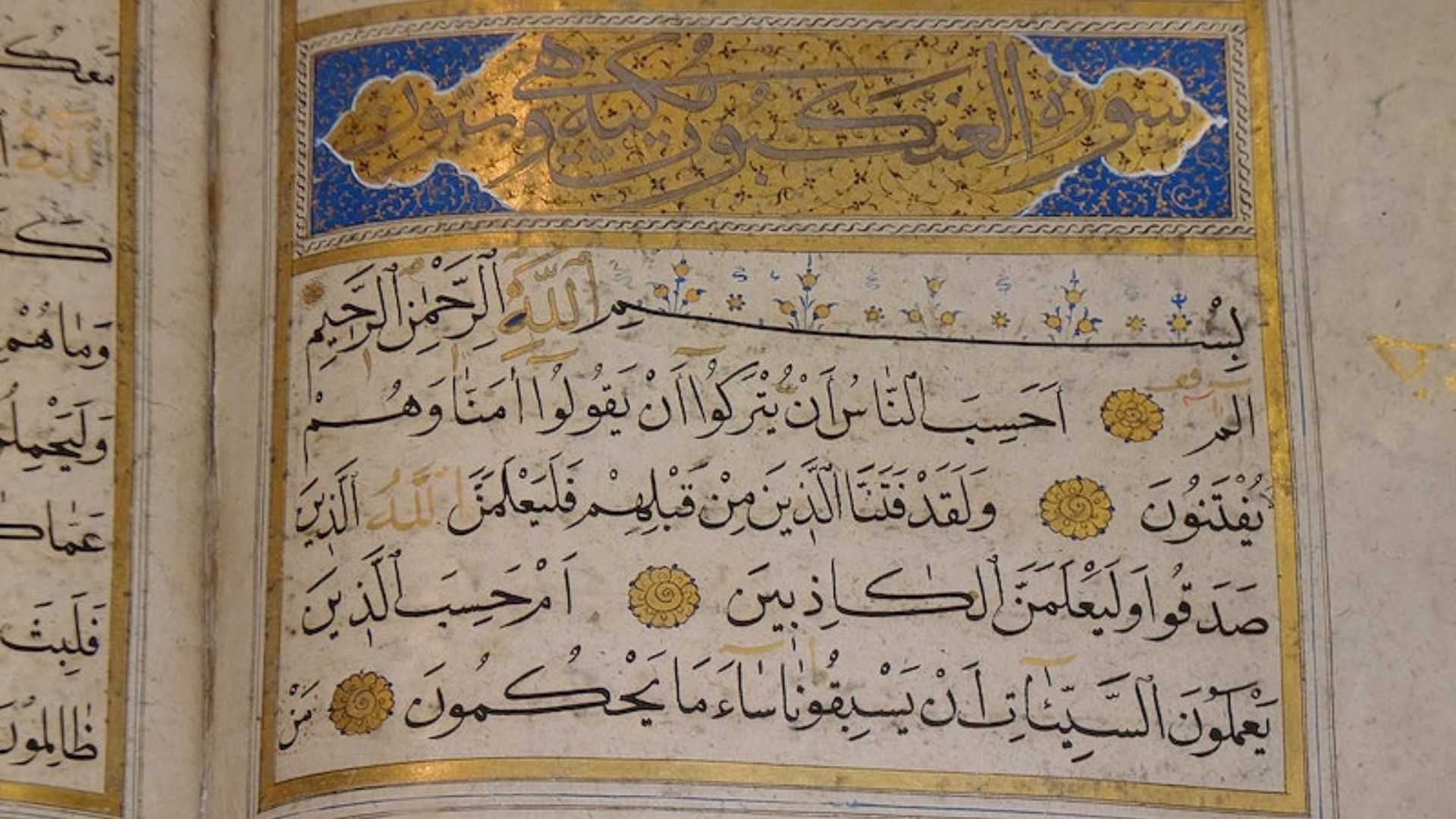Why was the Quran revealed in Arabic? Muslims read the Quran in Arabic for what reason? Has the Quran been translated into other languages? If so, how do the Arabic and translated versions differ from one another?
Only Arabic is used for the Quran. The translation is not the same as the original text, but it does not mean it cannot be done. The message of God’s unity and affirmation of what one’s conscious mind already knows, however, is available in all languages. Previous revelations were transmitted in their native tongue.
We did not send any messenger but (speaking) in the language of his people, so that he might clearly convey the message to them (Quran 14:4).
Arabia is where the Quran was revealed.
God’s final revelation is the Quran, which is written in Arabic since Prophet Muhammad, peace be upon him, lived in Arabia.
And if We had made it a non-Arabic Qur’an, they would have said, “Why are its verses not explained in detail [in our language]? Is it a foreign [recitation] and an Arab [messenger]?” Say, “It is, for those who believe, a guidance and cure.” And those who do not believe – in their ears is deafness, and it is upon them blindness. Those are being called from a distant place (Quran 41:44).
Arabs are not automatically superior to non-Arabs just because the Quran is written in Arabic. Instead, we are all created equal. However, God selected a people who had very high sensitivity and understanding of the finest nuances of language to receive his ultimate message to mankind. Arabs in the seventh century were extremely proud of their language prowess. The Arabic used to disclose the Qur’an is exceedingly exact. The meaning of the Quran must be maintained if it is to serve as the final text. The language itself must be highly specified and exact in order to accomplish that.
Since the Quran was revealed in the Arabic language, scholars went to great pains to maintain the dialect, idioms, sayings, and poetry of that language in order to ensure that the Qur’an is understood correctly. For Muslim intellectuals, many of whom were not Arab, this was always a top priority.
Important meanings can change in Translation
When a text is translated, it differs from the original text in some way. Instead, it is how they interpret the original text’s meaning. Translations are not the same as the original text, even though they can help the reader grasp the content in general. For instance, the phrases “you are my dog” and “dog is man’s greatest friend” are common in American society. As Americans who are familiar with the significance of dogs in this culture, they have no trouble deciphering both the expressions’ literal and deeper cultural meanings.
A literal translation will not work if the identical lines are translated into a language and culture where dogs are not considered pets but rather dirty and feral creatures. It will be necessary to provide additional commentary on what these expressions signify in the original language and culture. The Quran was also revealed in Arabic in a certain setting, and it must be understood in that setting.
Arabic is a Rich Language
The grammatical structure and word production of Arabic is quite complicated. Only in the Arabic language is it possible for a single sentence to have many meanings. Arabic is syntactical, hence its grammatical structure cannot be compared to that of any other language.
Only in Arabic is it possible to say something in the fewest words without losing any sense. Eloquence, literature, and fluency are among the other features that make Arabic the most developed language in the world. No other language can thus adequately convey the meanings of the world.
A translation of a work like the Quran will never completely capture its deeper message because Arabic is a highly developed language. Despite the fact that pre-Islamic Arabs were fluent in Arabic, the literary style of the Quran astounded all poets and linguists of the time.
Conclusion
Since Prophet Muhammad, peace be upon him, resided in Arabia, the Quran was ultimately revealed in Arabic. The nuance, grammatical layout, and style of the Arabic language set it apart from other tongues. The fact that the Quran was revealed in Arabic does not preclude translations of its basic message into other languages. Although they are the words of the translator and not of God, those translations are not known as the Quran.
Read Islamic Blogs or Follow us on social media for daily Islamic reminders.






